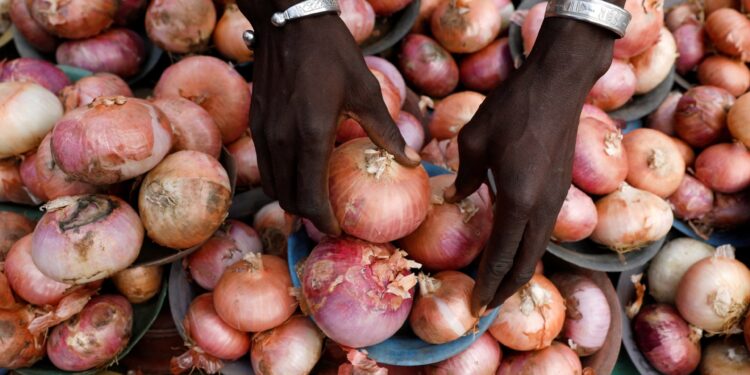6/15/2024–|Last updated: 6/15/202406:22 PM (Mecca time)
Official data showed on Saturday that annual inflation in Nigeria rose to its highest level in 28 years, reaching 33.95% in May, exacerbating difficulties that have fueled popular anger against President Bola Tinubu’s economic reforms.
This is the 18th month in a row that inflation has risen from 33.69% in the previous month. President Tinubu’s reforms, mainly reducing gasoline and electricity subsidies and devaluing the naira twice in one year, have caused prices to rise.
Trade unions, which suspended a strike called to demand a new minimum wage, claimed that the reforms harmed the poor and left millions struggling with the worst cost of living crisis in decades.
Data published by the National Bureau of Statistics showed that food and non-alcoholic beverages remained the largest contributor to inflation in May. Food inflation, which represents the bulk of Nigeria’s inflation basket, rose to 40.66% from 40.53% the previous month. Analysts say rising food prices and the weak value of the naira are the main drivers of inflation in Nigeria.
The central bank raised interest rates last May for the third time this year in response to the continuing rise in inflation. Governor Olayemi Cardoso has indicated that interest rates will remain high as long as necessary to reduce inflation.



